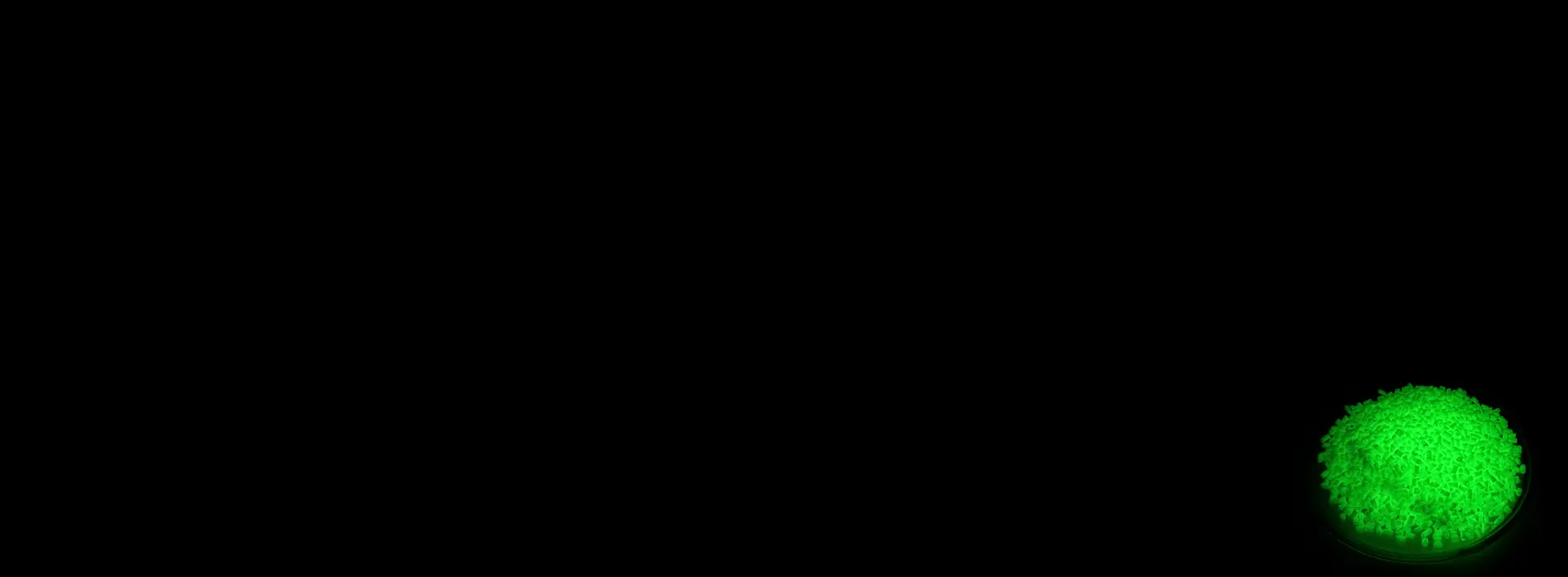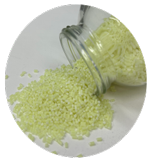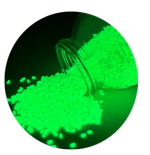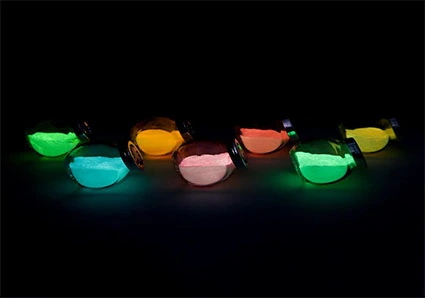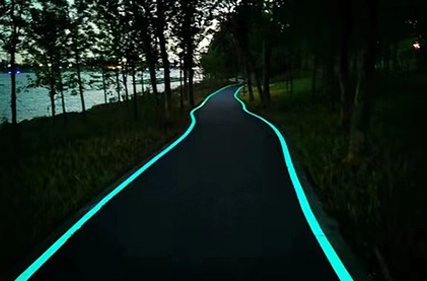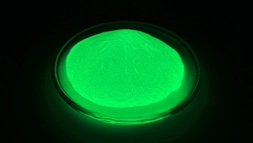- Home
-
Products
Yellow-green Glow PowderJTO-9D Yellow-green Glow Powder JTO-9DE Yellow-green Glow Powder JTO-9E Yellow-green Glow Powder JTO-9F Yellow-green Glow Powder JTO-W-7D Yellow-green Glow Powder JTO-W-7DE Yellow-green Glow Powder JTO-W-7E Yellow-green Glow Powder JTO-W-7G Yellow-green Glow Powder JTO-W-7H Yellow-green Glow Powder JTO-9A Yellow-green Glow Powder JTO-9B Yellow-green Glow Powder JTO-9C Yellow-green Glow Powder JTO-W-7F Yellow-green Glow Powder
-
Applications
- Photoluminescent Pigment Application
- Photoluminescent Signs Application
- Photoluminescent Film Application
- Photoluminescent Rigid Sheet Application
- Photoluminescent Stair Nosing Application
- Photoluminescent Masterbatch Application
- Photoluminescent Gravel Application
- Other Photoluminescent Products Application
- Company
- Blog
- Resources
- Services
- Contact

 English
English